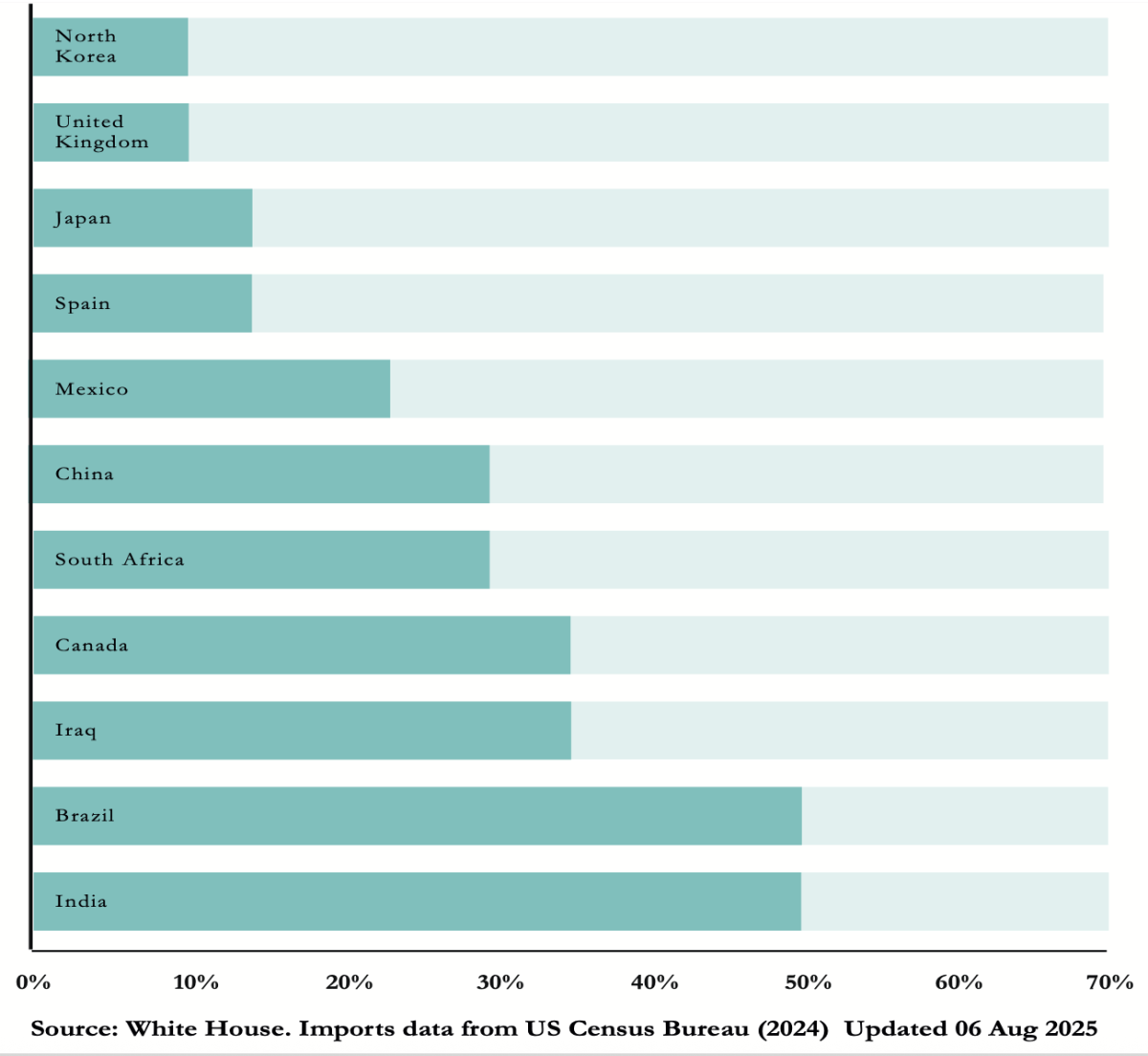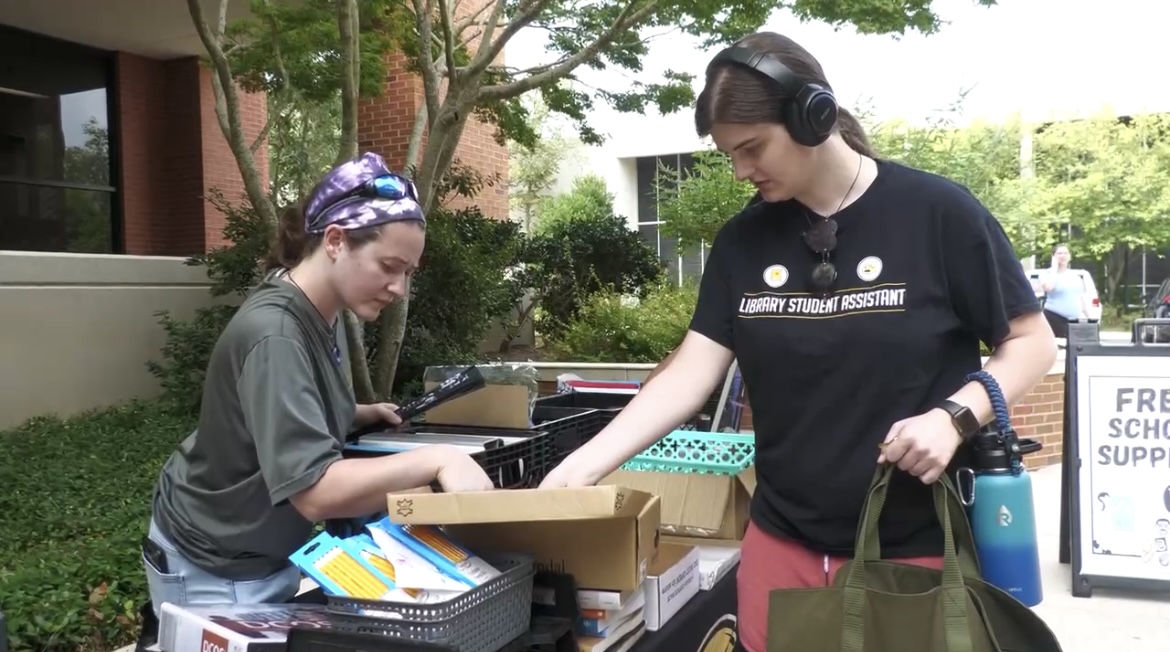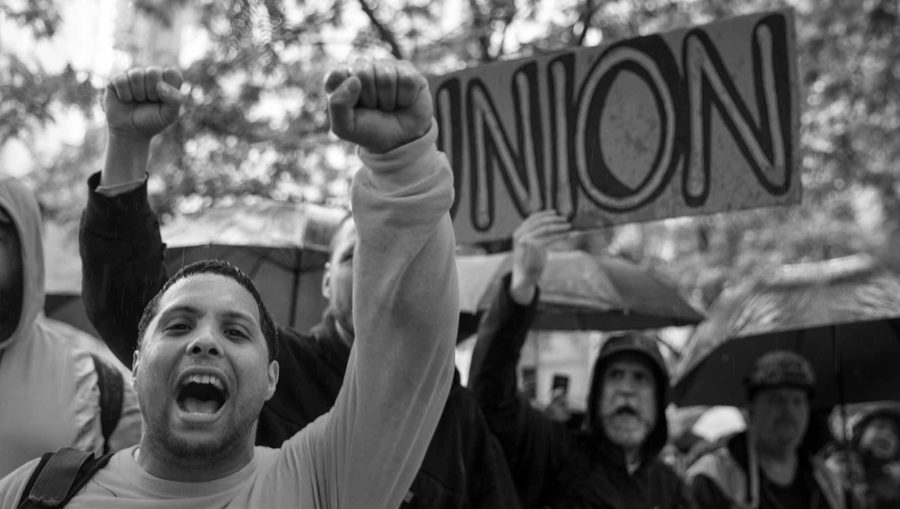Labor unions provide a way to help workers congregate and solve their issues by collectively bargaining with their employers. This helps better secure worker’s rights, safety and wage distribution in the workplace. With millions of people unemployed due to an unprecedented crisis, unions need to remain, as it allows workers to demand the attention they require from employers, pandemic or not.
It is a fundamental human right for workers to have adequate standards of safety at their job. Many essential workers during the pandemic worked without personal protective equipment and safe working conditions. Likewise, paid sick leaves, and, more importantly, job preservation, were also important concerns for workers during the pandemic.
Had they had the ability to negotiate better safety and financial requirements with their employers, such situations would not have to arise. It only makes sense to support labor unions and help to raise the collective voice of workers to address such calamities. Not only would it help employees require their employers to keep essential benefits at times of crisis, but also improve their quality of life.
Unions could also help minorities, as racial disparities and unequal wages have plagued the labor market for a long time. Nonwhite people earn, on average, less income in the workplace even if they boast the same level of education and experience in their field as their white counterparts.
However, a majority of these workers are not represented by unions. Setting equal standards for wages and benefits needs to start through collective bargaining, as it shows employees want to reduce wage inequality in the workplace. It is also argued that workers who belong to the minority group “get a larger boost from unionization” as a direct consequence of collective bargaining.
An increase in union membership can also have a spillover effect on workers who do not even have a union membership. If the working conditions are better, wages are higher and benefits are greater in a union job, employers of a non-union workplace must uplift their standards too in order to hire and retain their workforce.
There are multiple ways in which workers can safely create unions. A major way to secure worker rights is through government intervention, and one current bill may radically change things up.
Labor legislation called Protecting the Right to Organize Act (PRO) has recently passed the House of Representatives and awaits the approval of the Senate. This bill, if enacted into law, will ensure that employees are justly treated by the employers by securing worker’s rights to engage in collective bargaining. For instance, captive audience meetings will be prohibited under one of the provisions of the bill so an employer cannot intimidate or threaten an employee interested in joining a union by firing them.
If the government introduces laws like PRO, workers will be in much better shape to face crisis or unfair work conditions in the future. The need to secure workers’ rights is more crucial than ever, but job conditions will only improve if union memberships do, too.































